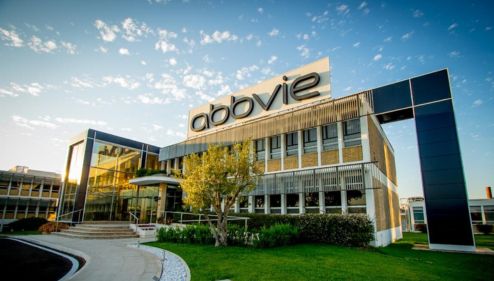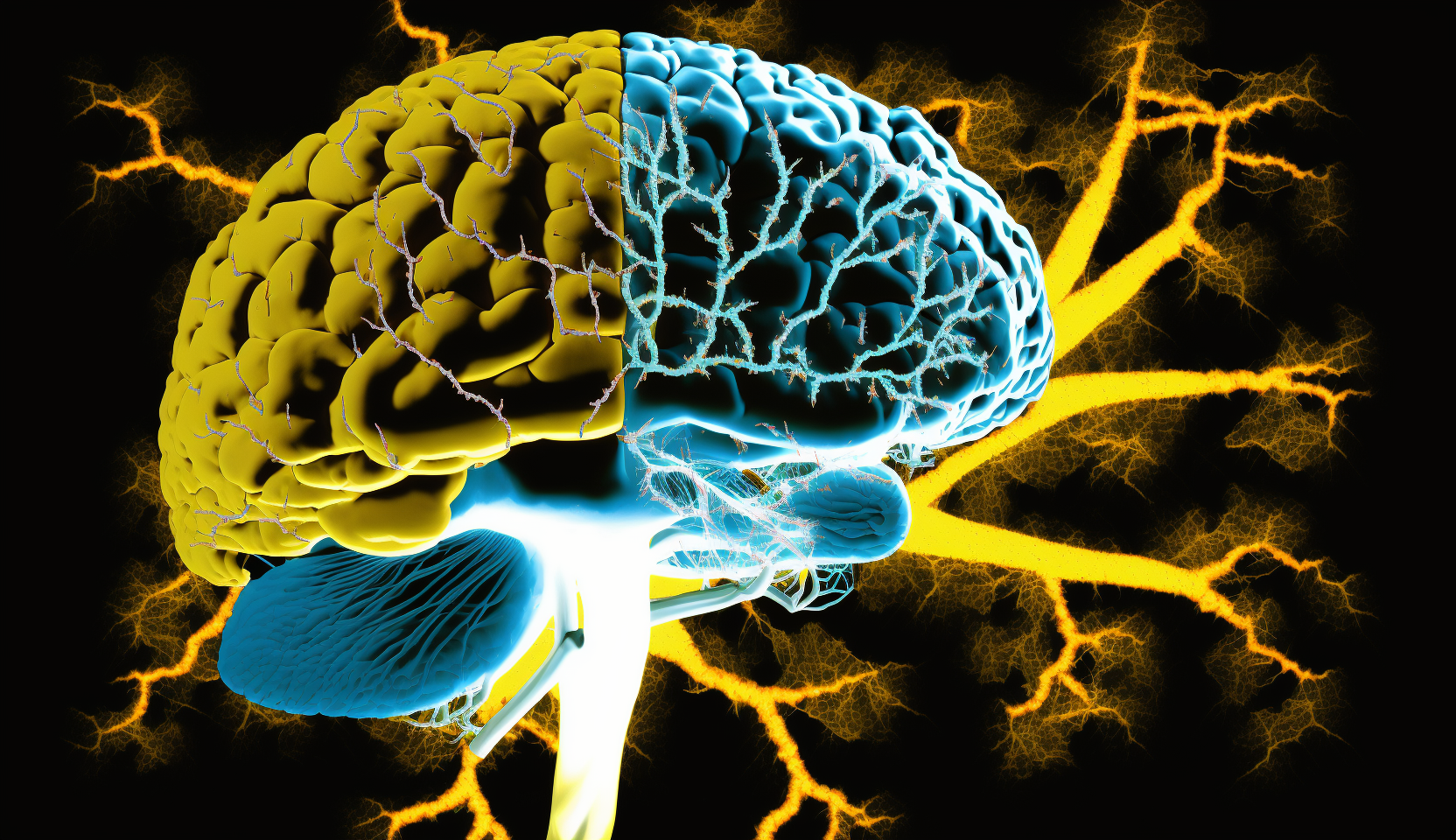In a strategic move that could have significant implications for the small-cap biotech sector, pharmaceutical giant AbbVie Inc. (NYSE: ABBV) announced its acquisition of Landos Biopharma, Inc. (NASDAQ: LABP), a clinical-stage biopharmaceutical company focused on developing novel oral therapeutics for autoimmune diseases. The deal, valued at approximately $212.5 million including contingent value rights, underscores the growing interest and potential in the small-cap biotech space, particularly in the field of inflammatory and autoimmune diseases.
Under the terms of the agreement, AbbVie will acquire Landos at $20.42 per share in cash upon closing, plus a contingent value right of up to $11.14 per share, subject to the achievement of a clinical development milestone. The acquisition is expected to close in the second quarter of 2024, subject to customary closing conditions, including approval by Landos’ stockholders.
The primary asset driving this deal is NX-13, Landos’ lead investigational asset and a first-in-class, oral NLRX1 agonist with a bimodal mechanism of action. NX-13 is currently in Phase 2 clinical trials for the treatment of ulcerative colitis (UC), a chronic inflammatory bowel disease affecting millions worldwide.
“With this acquisition, we aim to advance the clinical development of NX-13, a differentiated, first-in-class, oral asset with the potential to make a difference in the lives of people living with ulcerative colitis and Crohn’s disease,” said Roopal Thakkar, M.D., AbbVie’s senior vice president and chief medical officer, global therapeutics.
NX-13’s unique bimodal mechanism of action, which is both anti-inflammatory and facilitates epithelial repair, could provide a novel approach to treating UC and other inflammatory bowel diseases. If successful, it could address a significant unmet need in this therapeutic area.
The acquisition underscores AbbVie’s commitment to strengthening its portfolio in inflammatory and autoimmune diseases, which represent a substantial market opportunity. According to estimates, the global inflammatory bowel disease treatment market is projected to reach $8.6 billion by 2027, driven by factors such as increasing prevalence, rising healthcare expenditure, and a growing focus on developing targeted therapies.
For small-cap investors, this deal highlights the potential value and attractiveness of emerging biotech companies with promising pipeline candidates. As larger pharmaceutical companies seek to bolster their portfolios and drive innovation, strategic acquisitions of small-cap biotechs with compelling assets can provide attractive exit opportunities and significant returns for investors.
This acquisition also comes at an opportune time, as Noble Capital Markets’ upcoming virtual healthcare event on April 17-18 will showcase emerging growth companies in the healthcare, biotech, and medical device industries. Investors interested in exploring opportunities in the small-cap biotech space should mark their calendars for this event, which promises to provide valuable insights and potential investment prospects in this dynamic sector.
With the rising interest in novel therapies for inflammatory and autoimmune diseases, the AbbVie-Landos deal serves as a reminder of the potential value that can be unlocked in the small-cap biotech realm. As larger players seek to fortify their pipelines, the spotlight on promising small-cap innovators is likely to intensify, presenting exciting opportunities for investors in this space.

